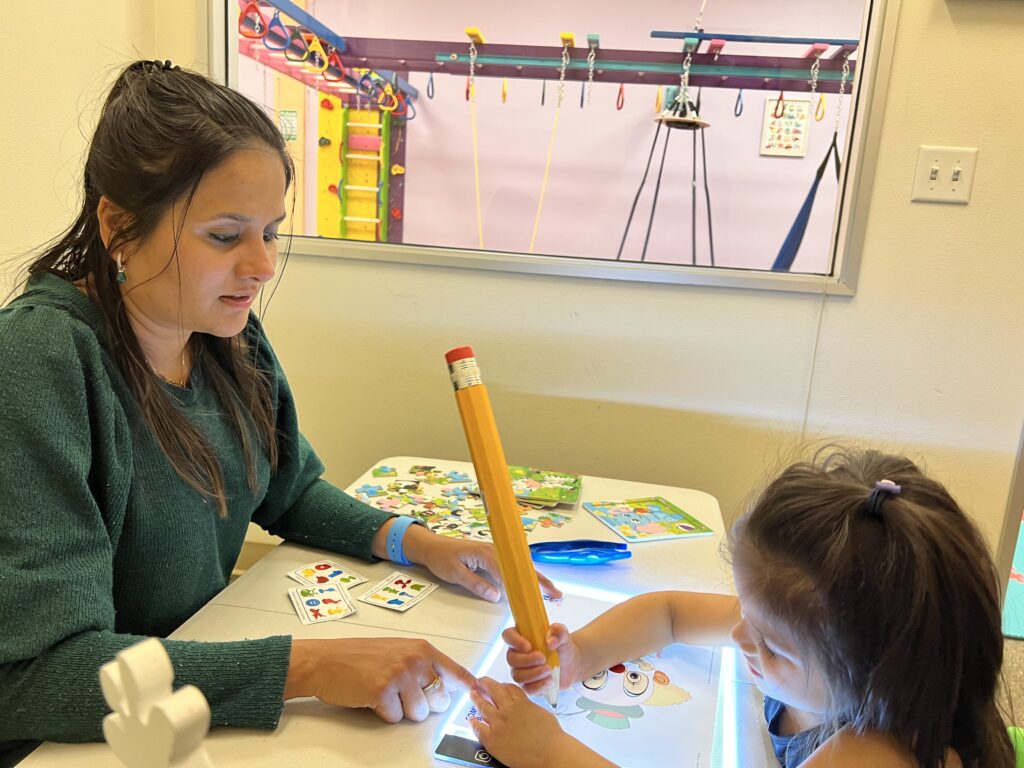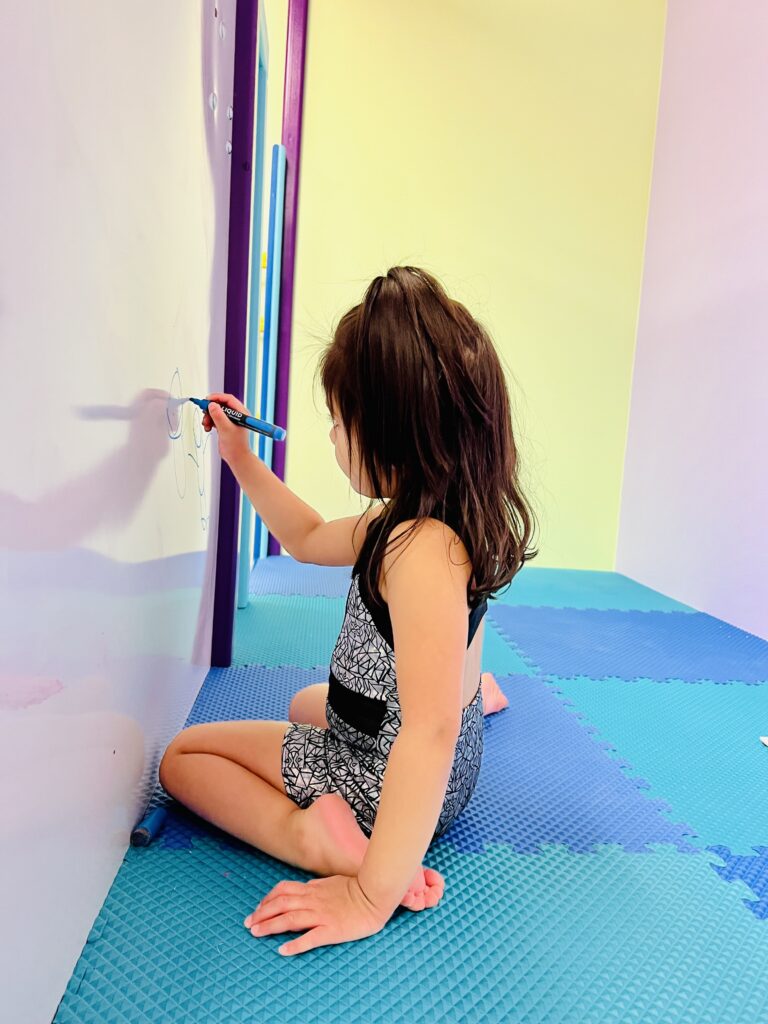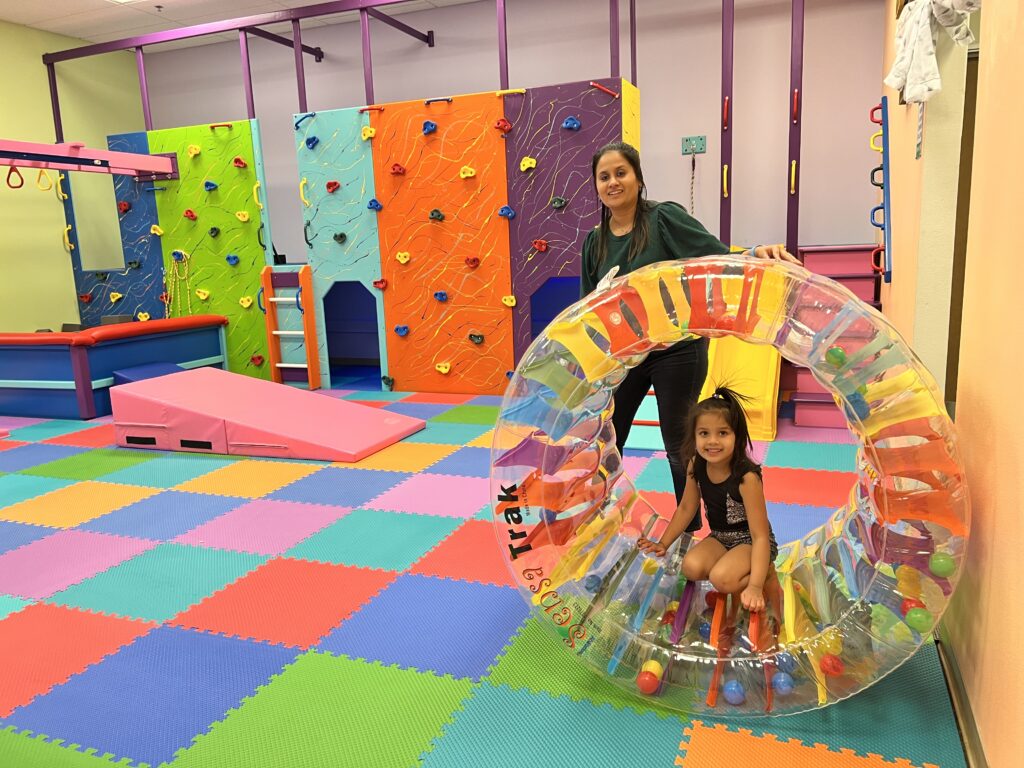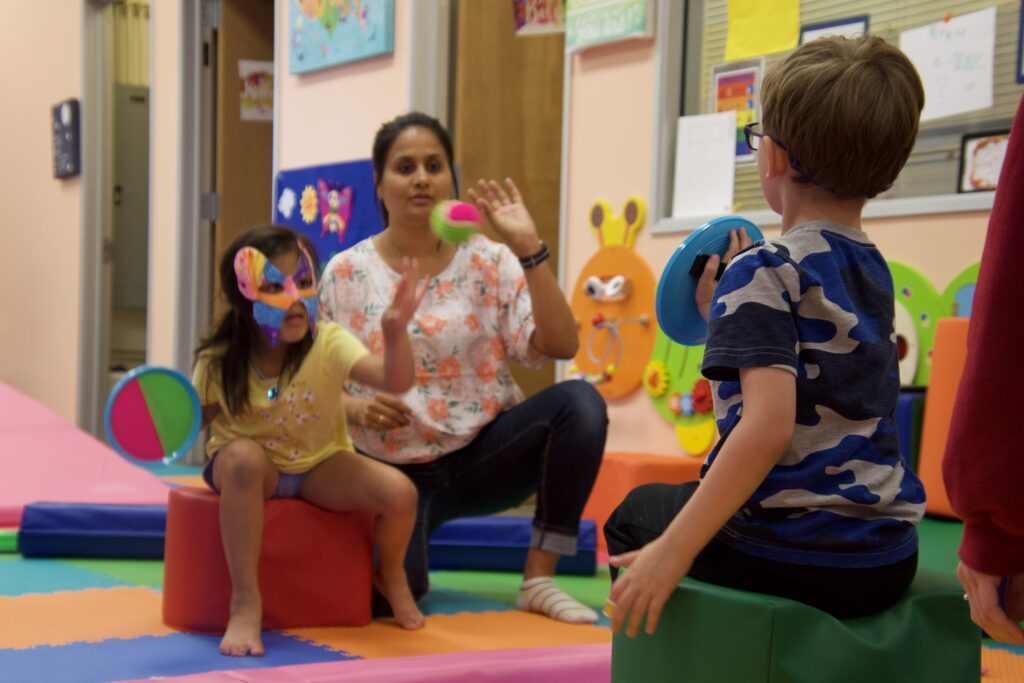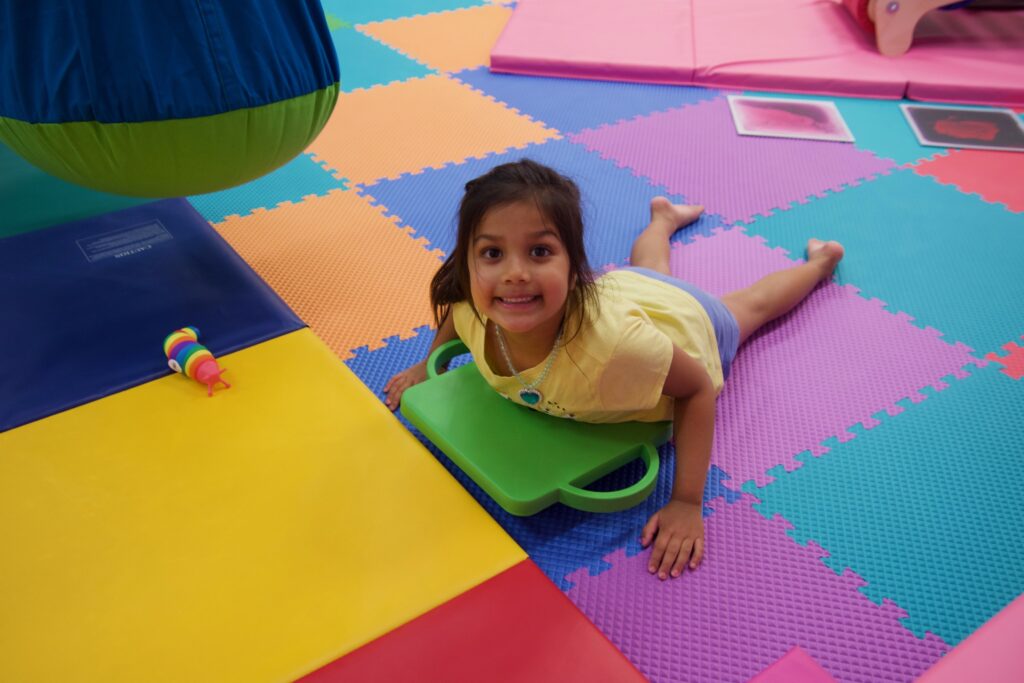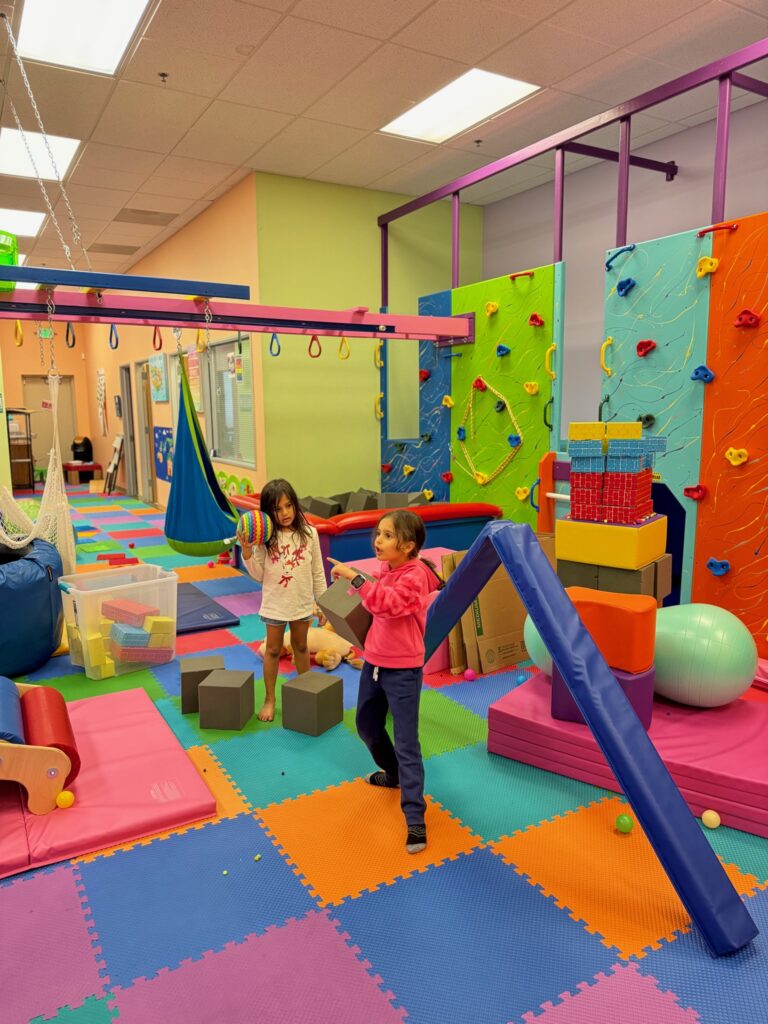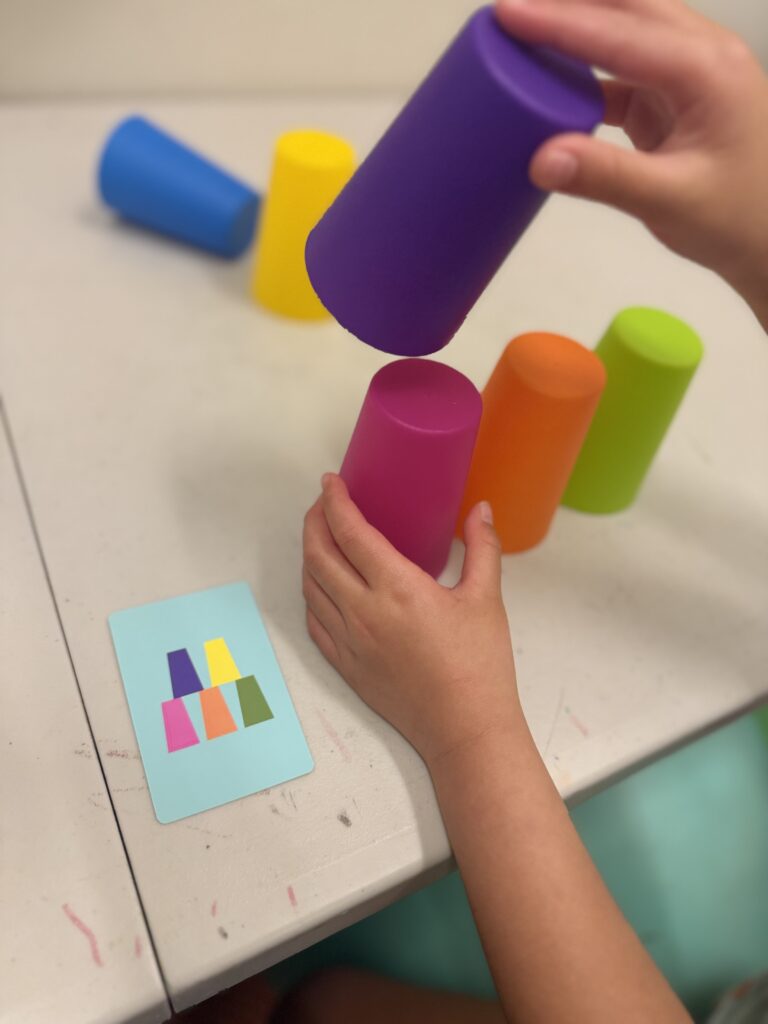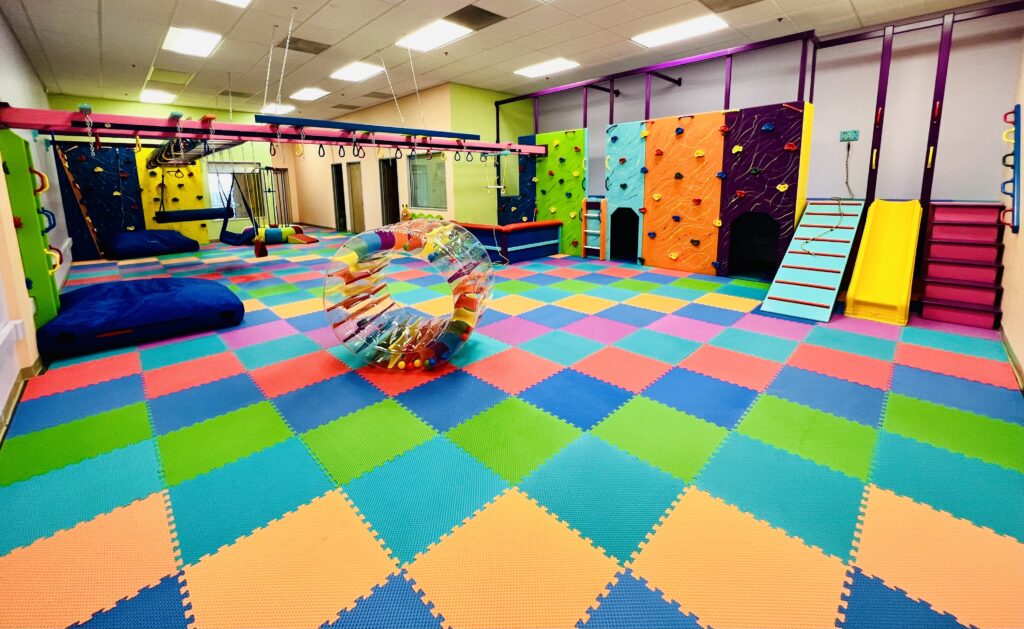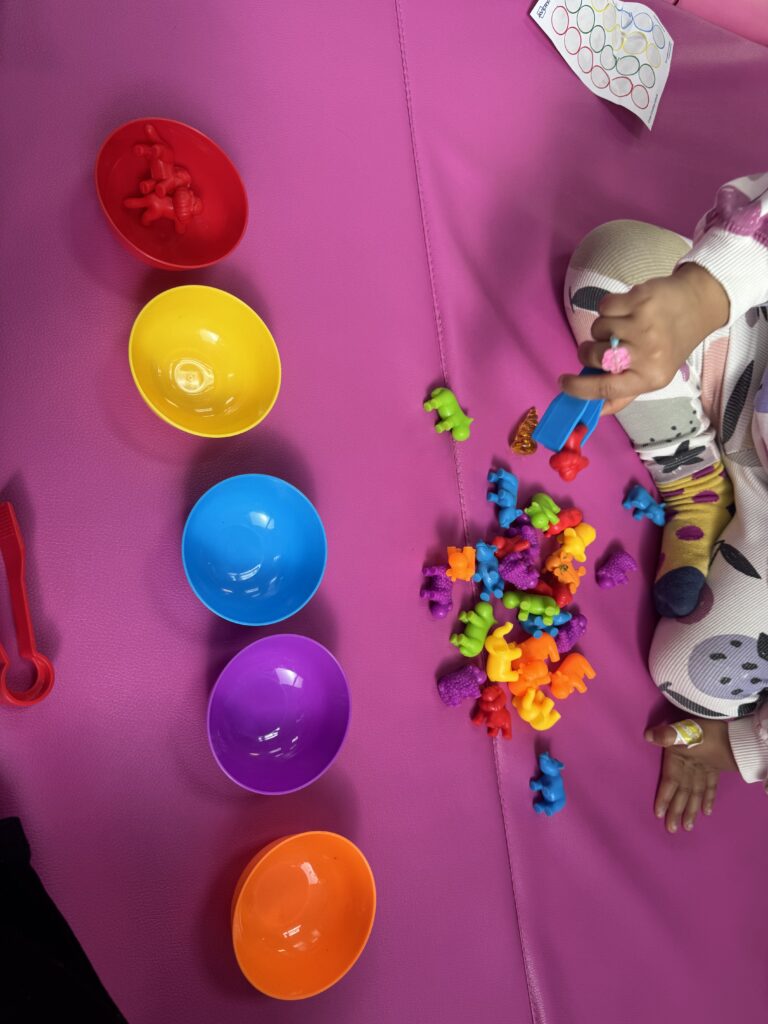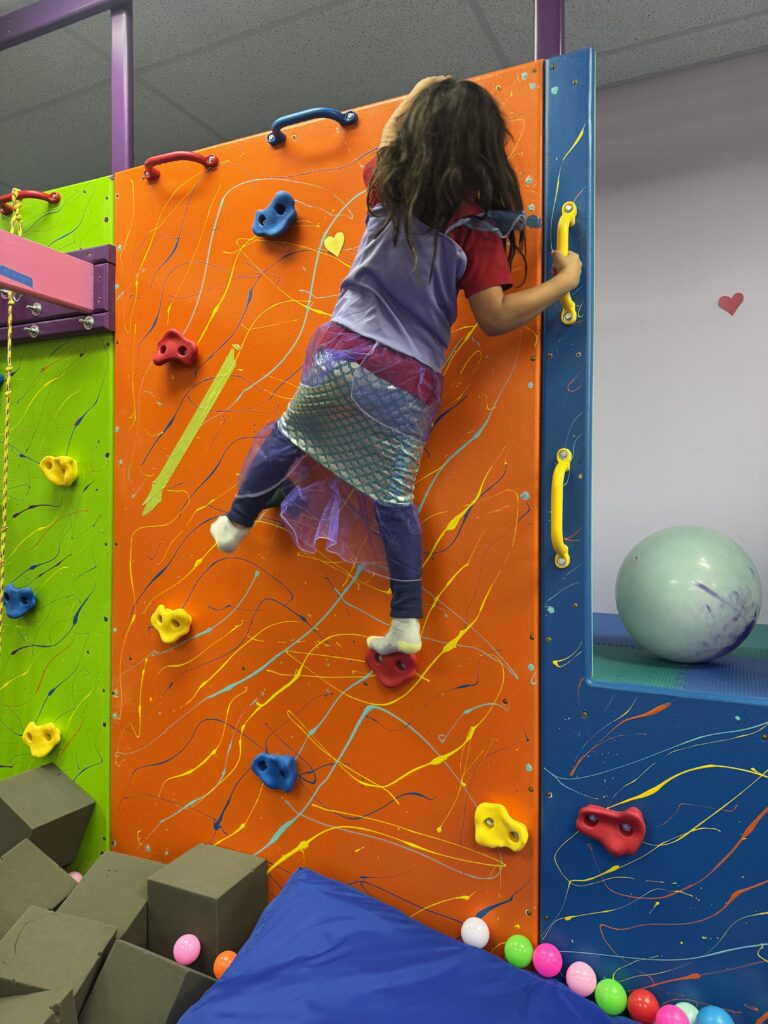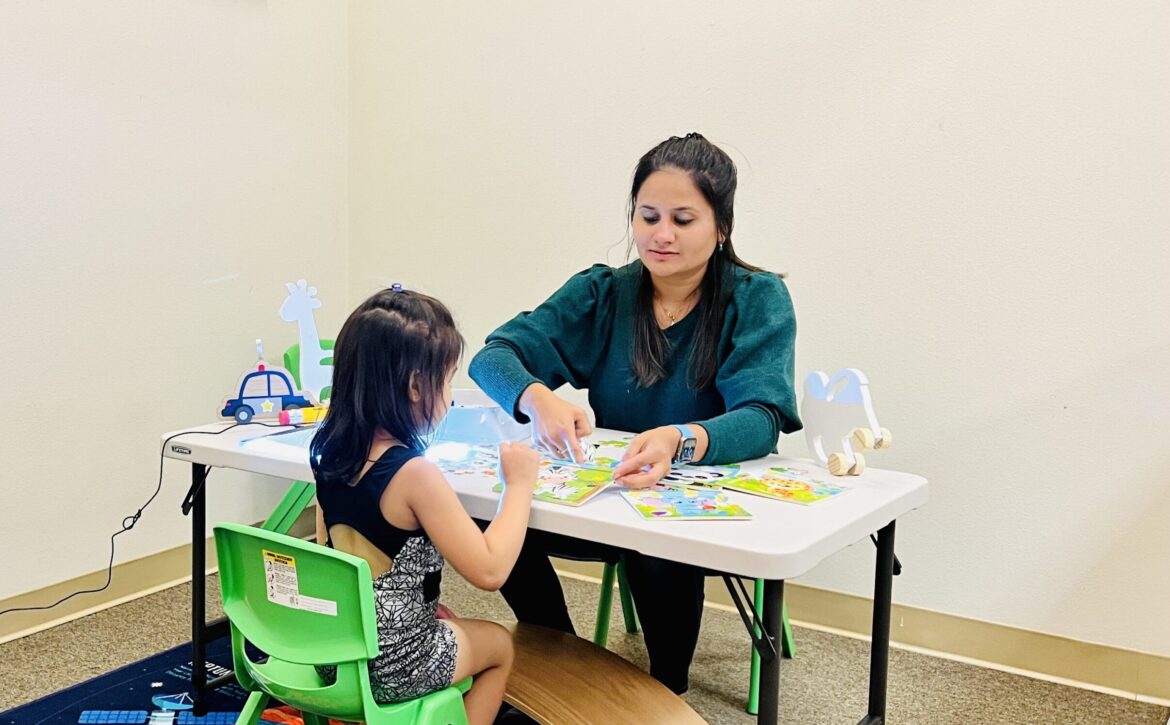“There is nothing in the intellect that was not first in the senses,” – Aristotle
Did you know that when your baby crawls around a room touching objects, playing with toys, listening to you singing songs, or putting things in his mouth, he’s doing a lot more than just playing? Toddlers use their senses to learn about and explore their environment. As a parent, you can enhance this learning by providing a positive sensory experience.
Sensory play or experience would then allow your child to interact with his surroundings and learn about his world.
Once your child is born, his brain is ready to gain knowledge about the world. They’re actually learning long before they walk and talk. This learning takes place through hearing, touch, taste, sight, smell, and movement. They hear our voices, enjoy bouncing, chew toys, and touch everything they can.
The more positive sensory experiences your baby has, the stronger newly built brain connections become. Sensory play not only has a positive effect on your child now, but also helps to promote learning and development even in adulthood.
Researchers have found that a baby who is not given an appropriate set of opportunities and is kept in a swing most of the day or is kept in a dark, quiet environment for long periods can have his learning and brain development stunted by lack of exposure to sensory stimuli.
These sensory systems don’t develop simultaneously, but rather in a specific order that does not vary.
This is tactile > vestibular > chemical > audio > visual. The infant has five senses functioning at different levels at the time of birth.

Building blocks essential to an efficient sensory system
- For effective sensory processing, all sensory systems need to work together. It should be recognized that the sensory system is indeed composed of seven senses; these sensory systems process information as the building blocks to most of the individual skills.
- Visual Sense: This is the ability to understand and interpret what is seen. The visual system uses the eyes to collect information about the contrast between light and dark, color, and movement. It receives sensory information from the environment by light waves that stimulate the retina then by the optic nerve to the visual cortex on the back of the brain.
- Auditory Sense: is the ability to interpret information that is heard. The auditory system uses the external and middle ear to obtain sound information. They collect information about volume, pitch, and rhythm to the brain’s side parts by the 8th nerve.
- Olfactory Sense is the ability to interpret smells by Receiving the chemical makeup of particles in the air to determine if the smell.
- Gustatory Sense: it is the ability to interpret information regarding taste in the mouth using specialized buds on the tongue’s upper surface.
- Tactile Sense: It uses skin receptors to receive sensations of touch, such as fine touch, pressure, vibration, temperature, and pain. This is the first Sense to develop (in the womb), and, as such, it is vital for the overall neural network.
- Proprioceptive Sense is the ability to interpret where your body parts are in relation to each other. It uses information from the nerves and sheaths of the muscles and bones to inform about body posture and movement by muscle contraction, stretching, bending, straightening, pulling, and compression.
- Vestibular Sense: is the ability to interpret information relating to movement and balance. The vestibular system uses specialized channels in the inner ear to transmit information on movement, change of direction, change of position of the head, and gravitational pull.
Book your free discovery call
Most human critical periods exist within the early years postnatal, which is why sensory play is especially important for young children.
A critical period is a phase in which brain cell connections are more plastic and receptive to the influence of a certain type of life experience. These connections, called synapses, can be formed or strengthened more easily during this period.
A recent study has linked the lack of sensory play and negative home environments, especially during children’s first three years with several developmental problems, including:
- Poorer language development by age three.
- Later behavior issues.
- Deficits in school readiness.
- Anxiety, Aggression, and depression.
- Impaired cognitive development at age three.
The Importance of Sensory Play
Building Nerve Connections
Research indicates that sensory play builds nerve connections (synapses) in the brain pathways that contribute to a child’s ability to perform more complex learning tasks.
Cognitive Development
Children first learn to understand new things through their senses. Every time they encounter something that is sticky, cold, or wet, for example, they gain a better understanding of which types of objects have these characteristics. Your child will then begin to make connections between things that have similar properties.
Strengthening Fine Motor Skills
Sensory play often involves touching, pouring, pinching, sorting, and moving actions. Toddlers primarily use their hands to explore, building on their fine motor skills, which will later be used for writing, zipping jackets, buttoning clothes, and tying shoes.
Enhancing Language Skills
By exploring new smells, tastes, and textures through sensory play, children can learn new ways to describe things found in the world around them. For example, a rock will be more than a rock when they feel it – it’s either smooth or rough or cool to the touch. Also, your kids begin to describe food as sweet, salty, spicy, or crunchy.
Sensory Play Is Calming
You may have noticed that your kid is calmer after bath time or after a particularly rough session of jumping around the room, crashing onto his bed, banging into furniture, or pillows. This type of sensory activity calms children as it helps them manage their internal discomfort, whether it is boredom or restlessness.
Early taste experiences
Early life nutrition is an important factor affecting later health. Your child’s food habits are shaped in infancy and are tracked back to adolescence and beyond, meaning that supportive eating activities are important to prevent eating disorders later in life.
Italian researchers from the Department of Pediatrics at the University of Milan have shown that early repeated experiences with different tastes and supportive feeding increase the children’s desire to try new foods and greatly decrease the risk of having a picky-eater kid in a healthy social environment. In other words, you, as a parent, can modify the innate food preferences of your child!
By paying attention to these things, your baby will gain a lot of benefits and get exposed to various wonderful activities that will really help him develop properly!
Join value discussions and know latest updates on our Private Facebook group – Click here
Until Next blog,
Hiral
Liked this information? Please share on your social channels:
Share on facebook
Facebook
Share on twitter
Twitter
Share on linkedin
LinkedIn
Share on google
Google+
References:
Blair C, Granger DA, Willoughby M, et al. Salivary cortisol mediates effects of poverty and parenting on executive functions in early childhood. Child Development. 2011; 82(6):1970-8.
Son S, Morrison F. The nature and impact of changes in home learning environment on development of language and academic skills in preschool children. Developmental Psychology. 2010; 46(5):1103–1118.
De Cosmi V, Scaglioni S, Agostoni C. Early Taste Experiences and Later Food Choices. Nutrients. 2017;9(2):107. Published 2017 Feb 4. doi:10.3390/nu9020107
Howard-Jones P, Taylor J, Sutton L. The Effect of Play on the Creativity of Young Children During Subsequent Activity. Early Child Development and Care. August 2002:323-328. doi:10.1080/03004430212722
Rosenzweig MR, Bennett EL. Psychobiology of plasticity: effects of training and experience on brain and behavior. Behavioural Brain Research. June 1996:57-65. doi:10.1016/0166-4328(95)00216-2
